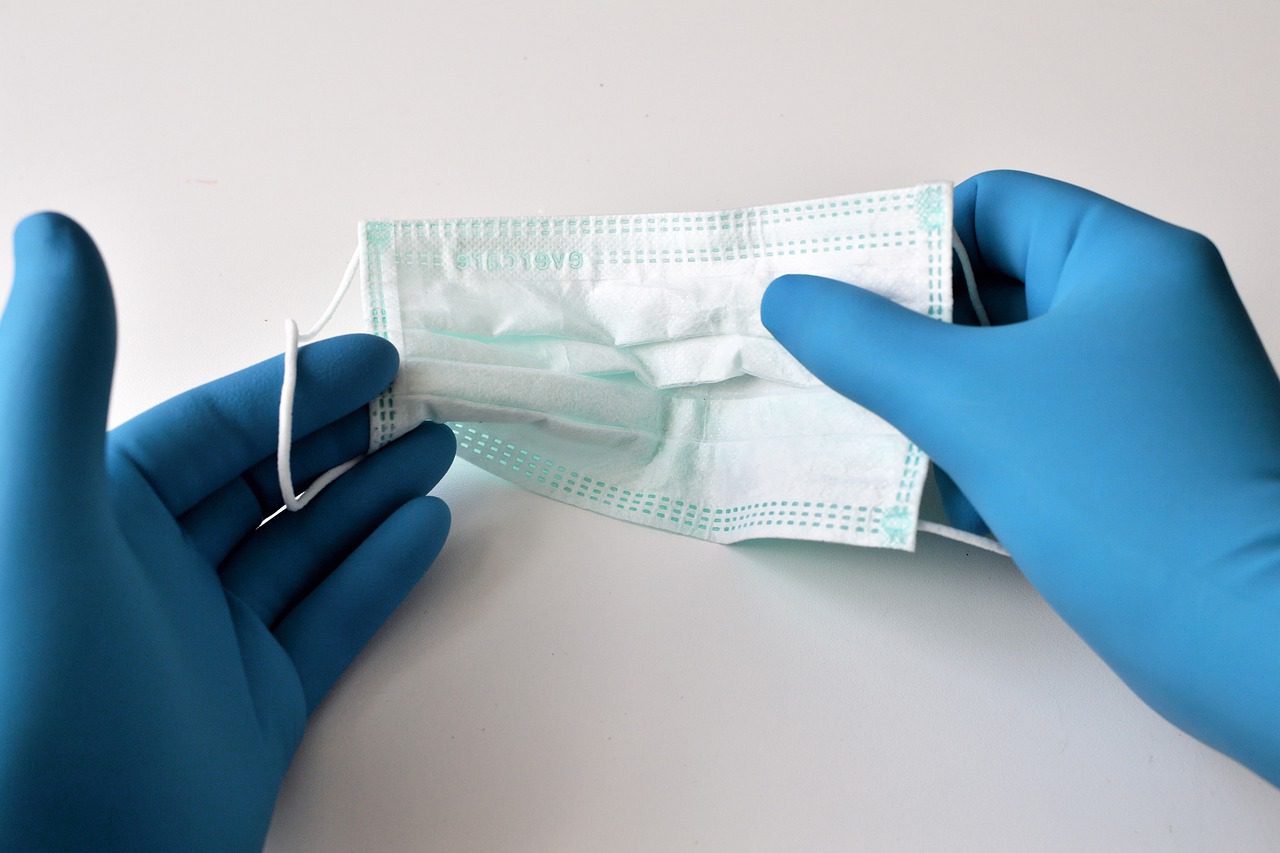
COVID-19 May Increase Human Trafficking in Vulnerable Communities
“Right there, in our own backyards.” It’s a common phrase in anti-trafficking awareness campaigns meant to convey the hidden nature of the crime and the fact that anyone can be victimized by traffickers.
Technically, it’s true. Anyone can become a victim of sex and labor trafficking. But it’s also more complicated than that. In reality, the odds of people in trafficking situations being “in your backyard,” actually depends a lot on the neighborhood where your backyard is located and on the economic wellbeing of your neighbors. That’s true today, and it will be even more true, most likely, when this pandemic finally passes. Here’s why:
We know that human trafficking thrives on chaos and desperation in communities already ravaged by ills including addiction and poverty. So while we do not – and cannot – know exactly how the pandemic will affect sex and labor trafficking in America, we can be pretty sure that those communities will be even more vulnerable to violence, abuse, and exploitation in the wake of this massive, worldwide economic and social disruption.
As layoffs continue with no end in sight, accumulated or generational wealth – savings, homeownership – will be the difference between those who struggle through but eventually recover from the economic devastation of this crisis and those who spiral ever further into poverty.
How this will work in a labor trafficking context is pretty clear. People will take jobs that may be exploitative, off-the-books; less than minimum wage, with no legal or health protections. For people in dire economic straits, or without legal documentation to work in this country, traffickers will find ways to keep them trapped in these situations.
Sex trafficking is no different.
Let’s say you are working an hourly job that keeps you just above the poverty line. You likely have no significant savings. Maybe you are a single parent. Then COVID-19 comes along. The quarantine cost you your job and unemployment has you underwater for rent, struggling to buy food, diapers – all of your basic needs. Friends and family can’t help. They are in the same boat. After the quarantine lifts, you apply for every job out there, but you never get a single call or email back. The competition is just too great. Everyone is as desperate as you are.
Then, finally, you get a break – at least you think you do. Someone you vaguely know says they have a way you can make some money. Maybe it’s something you wouldn’t normally do for work, something you are not comfortable with, but it will only be once or twice, or only for a little while. You have lines you won’t cross at first – no touching, no kissing, or only with a condom, but the person “helping” you pushes – subtly at first – then less so. That person takes a big cut of the money and urges you to do whatever it takes to make more.
Maybe there are threats to you or your child. Maybe there are promises that hold out the only hope you’ve had for a while. Maybe it’s a mixture of both. Maybe there is violence.
This is sex trafficking in the United States and COVID-19 has just made you a target.
Trafficking, Like Health Disparities, Already Targets Marginalized Groups
Data from service providers and the U.S. National Human Trafficking Hotline has consistently shown that groups who experience marginalization by race, income, gender identity, sexual orientation, and immigration status are more likely to be exploited through sex and labor trafficking.
All available evidence suggests that these same people will become even more vulnerable in the wake of this crisis. The median African American family has 41 times less wealth than the median white family. African American homeownership last year reached a historic low – nearly 30 percent below the rate of white homeownership.
Latino families have 22 times less wealth than the average white family. A March 23rd CUNY survey found that 41% of New York City Latinos said either they or someone else in their household had lost their jobs in the last two weeks.
According to the Human Rights Campaign (HRC), one in five LGBTQ+ people lived in poverty and 40 percent of homeless youth identified as LGBTQ+ before COVID-19. Less wealth translates directly into less of a cushion to weather a layoff. HRC research also showed LGBTQ+ workers in the United States are more likely to work jobs highly affected by quarantine orders compared to their non-LGBTQ+ counterparts.
Lack of health care will only make matters worse. Despite gains in health insurance coverage as a result of the Affordable Care Act, African Americans and Latinos still lag behind whites. Racial disparities are already beginning to surface regarding COVID-19 cases and deaths in the United States. The bills for those who survive will begin to mount quickly, adding to the economic disaster.
Targeted COVID-19 Response Can Decrease Trafficking Risk
Understanding how marginalized communities are likely to face greater risk than ever can be the first step toward formulating policy responses that reach and protect the right people. That’s always been the case and it is more urgent today than ever.
Financial service benefits targeted towards vulnerable communities could make a significant difference in preventing the COVID-19 epidemic from turning into a trafficking epidemic. Policies like rent moratoria that stabilize existing housing and vouchers to provide emergency access to short term housing will alleviate tremendous pressure for potential victims and their families. Job incentives for employers to hire in vulnerable communities at living wages will allow people to safely access the resources they need.
Overall, making sure your city, state, and federal lawmakers know supporting the economy in smart, targeted ways that support vulnerable people will help head off another kind of preventable epidemic – human trafficking.
Read more here.
